Home /
Learning and Teaching
Our Vision 2030 is to be a dynamic Africa university, recognised for our leadership in generating cutting-edge knowledge for a sustainable future.
Through Vision 2030, Mandela University reaffirms its commitment to change the world through life-changing, student-centric educational opportunities, innovative research, and transformative engagement that contribute to a better world. These core missions are supported and enabled through a values-driven, inclusive institutional culture that liberates the full potential of students, employees and communities as we seek to embody the legacy and ethos of our iconic namesake, Nelson Mandela.
In pursuit of Vision 2030 and making Nelson Mandela University one of the finest in the world, we are committed to these four strategic focus areas:
1
Liberate human potential through humanising, innovative lifelong learning experiences that prepare graduates to be socially conscious, responsible global citizens who serve the public good.
2
Pursue impactful, pioneering research, innovation and internationalisation to address grand societal challenges and promote sustainable futures.
3
Engage with all publics in equalising partnerships to co-create transformative, contextually responsive solutions in pursuit of social justice and equality.
4
Catalyse dynamic, student centric approaches and practices that provide life-changing student experiences within and beyond the classroom.
.png)
To realise Our Vision 2030 goal to be a dynamic African university that responds to local, national and global requirements, we must continue focusing on transformation within the University. In particular, in curriculum renewal, pedagogy, assessment, and the creation of a learning environment that is conducive to teaching and learning, and which supports and enables student success "for life and work".
Our Education Faculty has been one of the key contributors to curriculum transformation and the decolonisation of higher education through its academic and intellectual project. The approach of Teaching and Learning has been to engage in interdisciplinary curriculum conversations, which provide guidance and inspiration for the decolonisation and Africanisation of the curriculum. Furthermore, the Decolonial Project is being interrogated by all faculties, to develop a unique approach which could enlarge and diversify the knowledge sources of the various disciplines. This is in order to offer a multifaceted curriculum that is grounded in local and global contexts, and represents a diversity of philosophical and ideological orientations and worldviews.
Nelson Mandela University is committed to decolonisation and Africanisation, to push us in a new direction and enable us to contribute to the challenges facing our country and the wider world. We are a new generation university, named in honour of a remarkable African leader, on course to become a great African university that is contributing to a sustainable future.
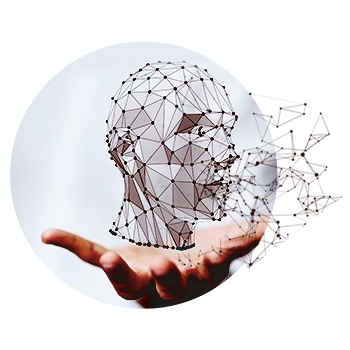
Nelson Mandela University's teaching philosophy is recognised as a leader in the field of "humanising pedagogy", which is largely based on the philosophy and work of Paulo Freire. It is about dislodging outdated theories and narrow-minded preconceptions of teaching, learning and human engagement in order to stimulate an enquiring approach to education.
At our university we have embraced the philosophy and praxis of a humanising pedagogy, as we believe it addresses, underpins and advances the purpose and manner in which we cultivate our humanness, the ways in which we are best able to learn. and critical ways in which we seek to put our learning to use.
As a university with a distinctive. forward-looking culture of enquiry and engagement, we are actively trying to identify, experiment with and practice what a humanising pedagogy is — what is looks and feels like, and how it can be implemented in our daily pedagogical encounters.
Humanising pedagogies is one of the institutional research themes of Nelson Mandela University, with many staff and students currently researching within this area. The Learning and Teaching portfolio has established the Humanising Pedagogy Praxis and Research Niche (HPPRN) as a special project and hub to coordinate, facilitate and develop the scholarly work around the humanising pedagogy. University staff and students can access various readings, media and resources relating to human pedagogy on the HP Portal.
TECHNOLOGY-ENABLED LEARNING

LT Collab
Providing advice, guidance and support to both staff and students to improve and maintain the quality of teaching and learning.
Learn more

Mandela UniTube
An internal video platform where you can watch lectures, go on campus tours and more.
Learn more
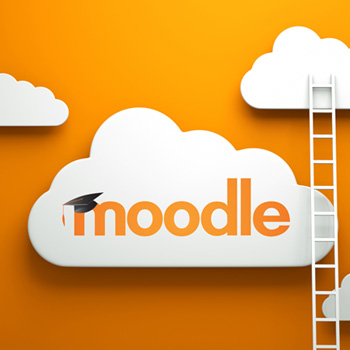
Moodle
A digital learning platform where you have online access to lectures, course notes and more.
Learn more

Campus and Community Technology
From WiFi coverage to computer access,
using technology to engage with and support students in the broader Nelson Mandela Bay community.
Learn more
LEARNING AND TEACHING NEWS
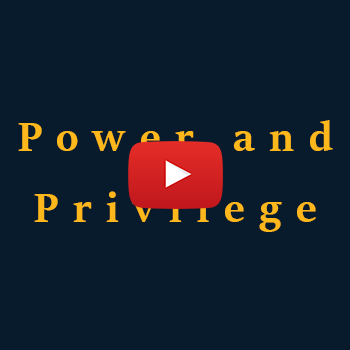
Humanising Pedagogy Principles Video Series - Power and Privilege
Staff and Students at Nelson Mandela University shared their views and experiences of a Humanising Pedagogy through the exploration of a number of themes.
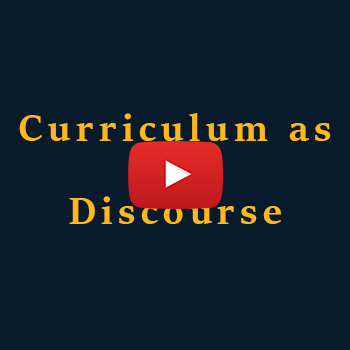
Humanising Pedagogy Principles Video Series - Curriculum as Discourse
Staff and Students at Nelson Mandela University shared their views and experiences of a Humanising Pedagogy through the exploration of a number of themes.
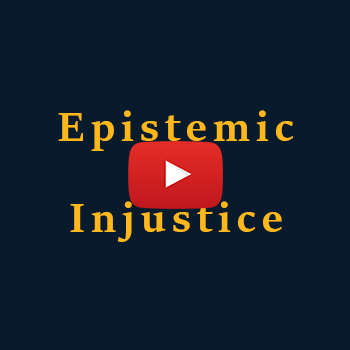
Humanising Pedagogy Principles Video Series - Epistemic Injustice
Staff and Students at Nelson Mandela University shared their views and experiences of a Humanising Pedagogy through the exploration of a number of themes.

Humanising Pedagogy Principles Video Series - Mutual Vulnerability
Staff and Students at Nelson Mandela University share their views and experiences of a Humanising Pedagogy through the exploration of a number of themes.